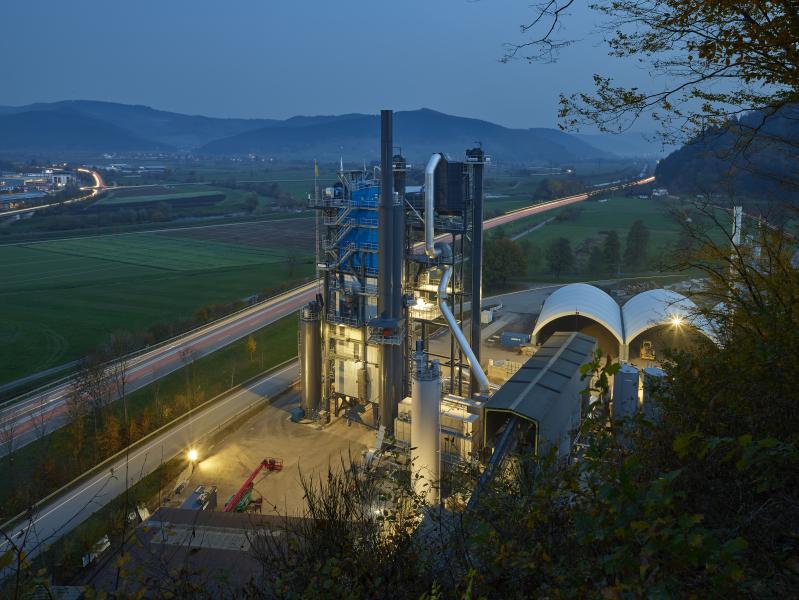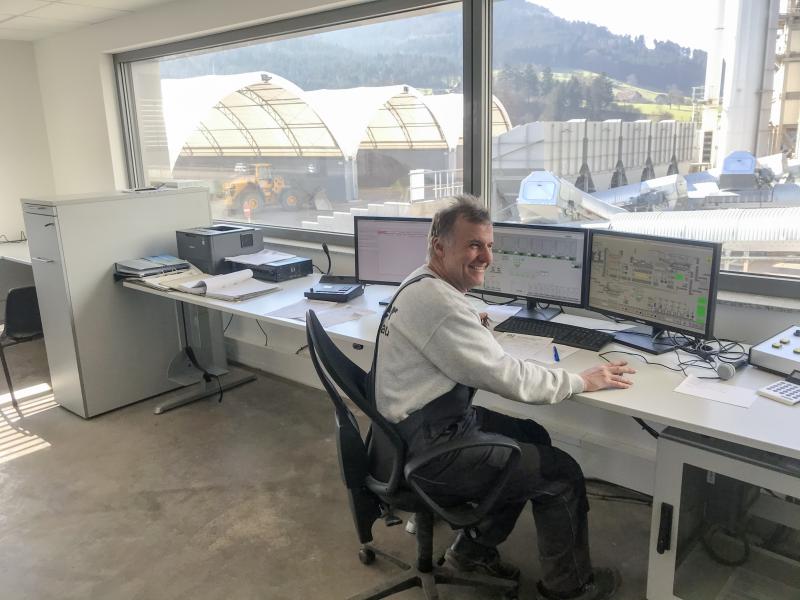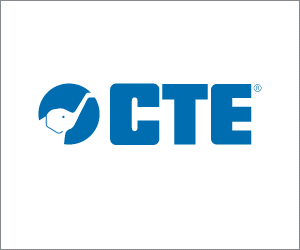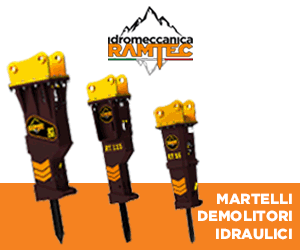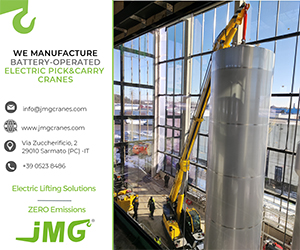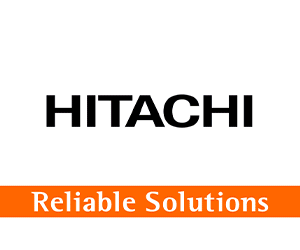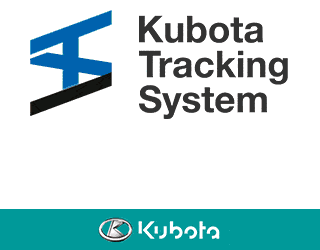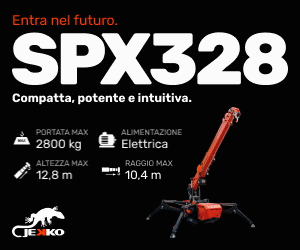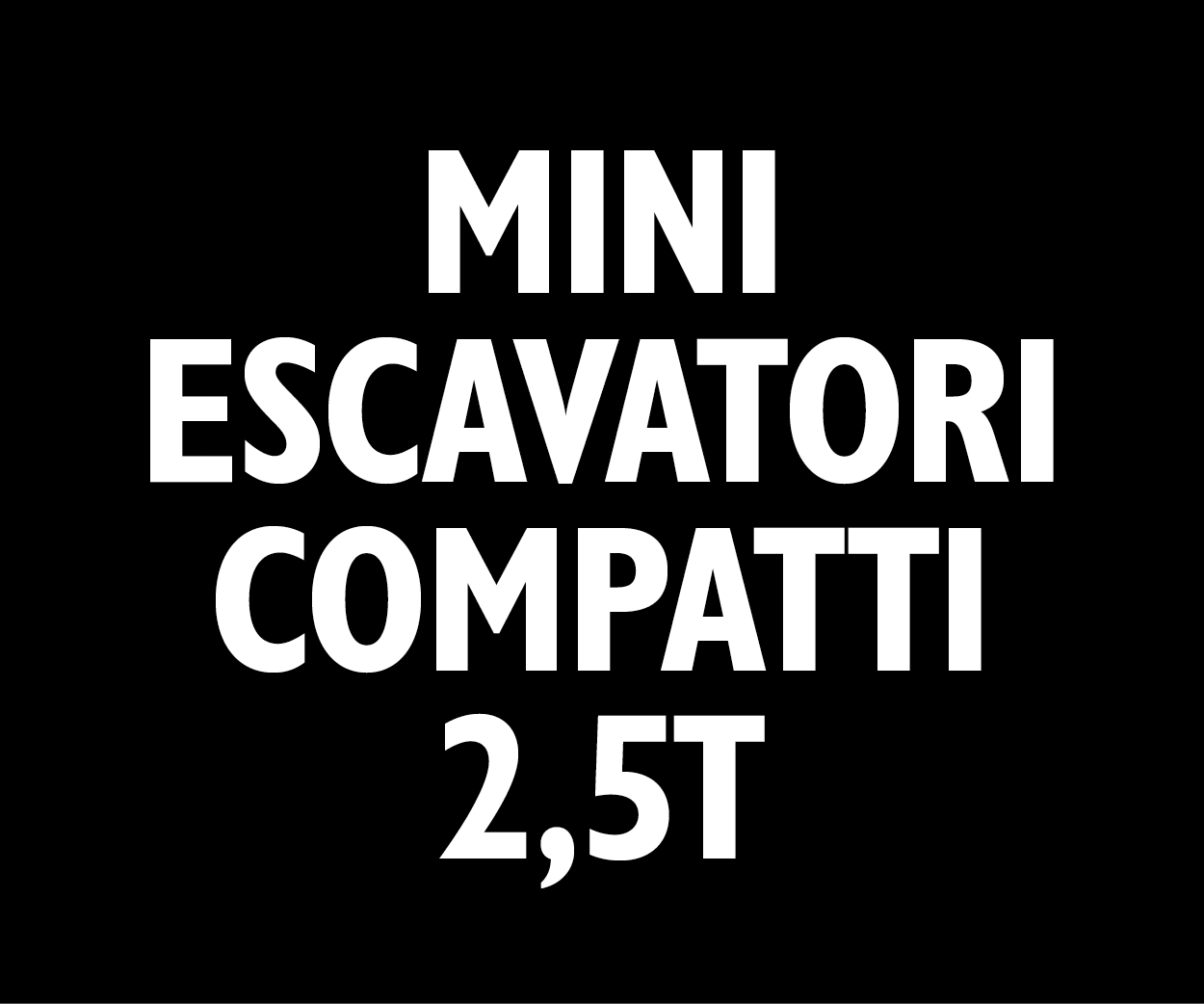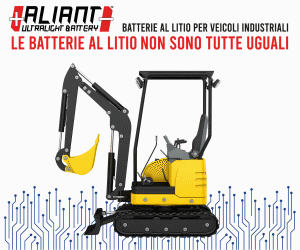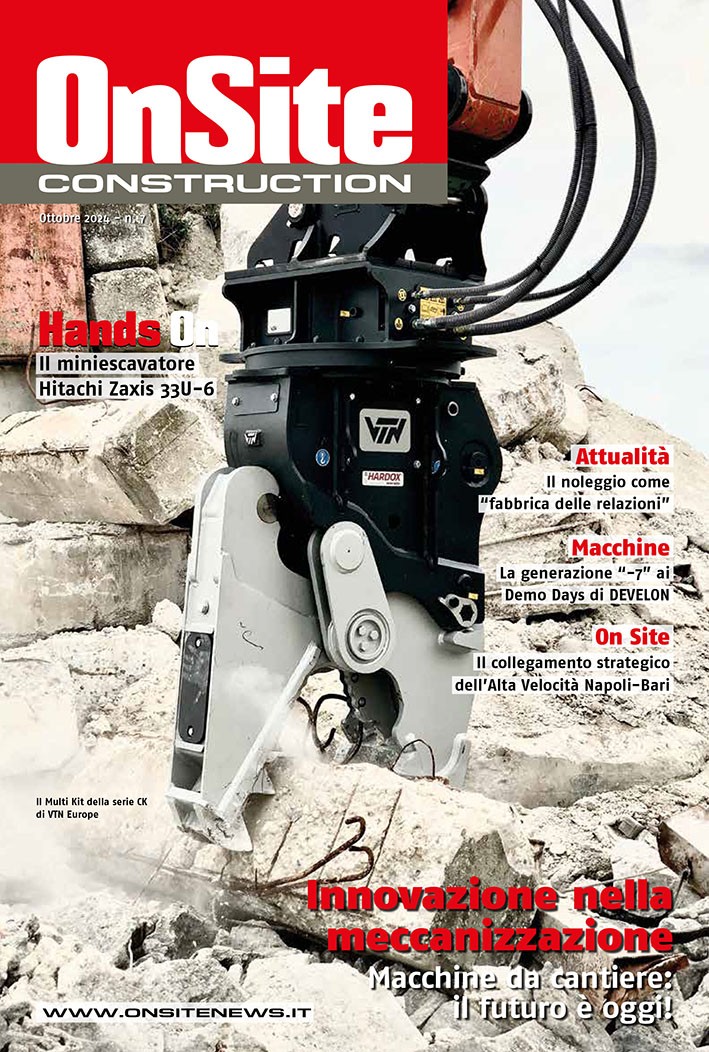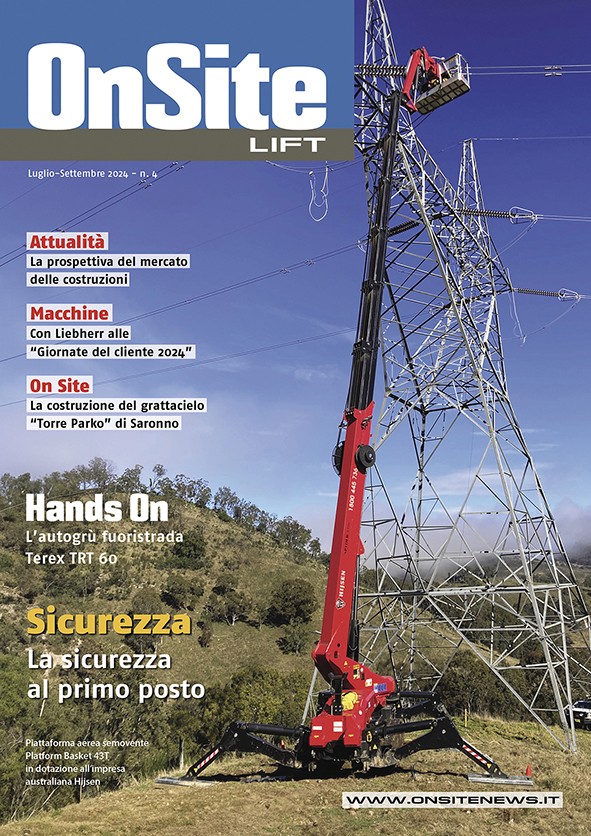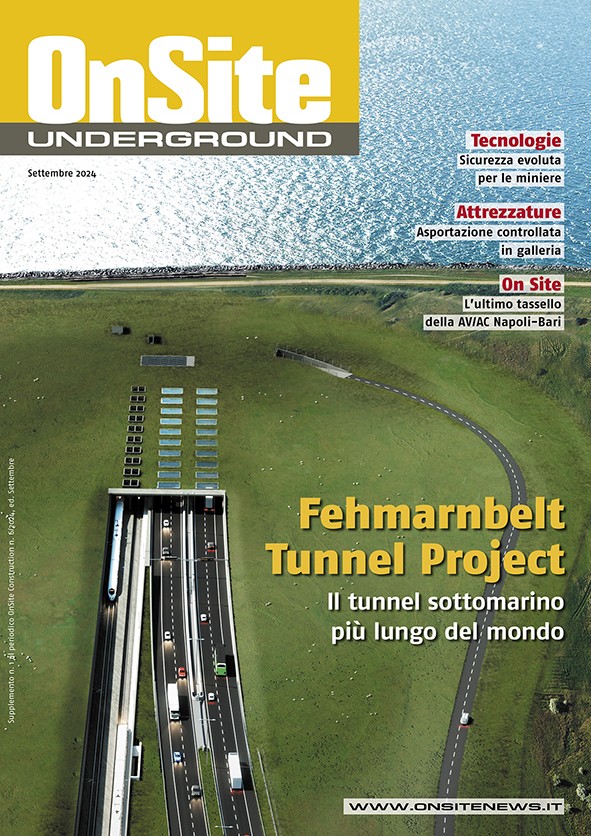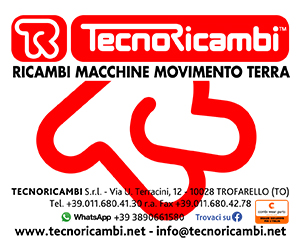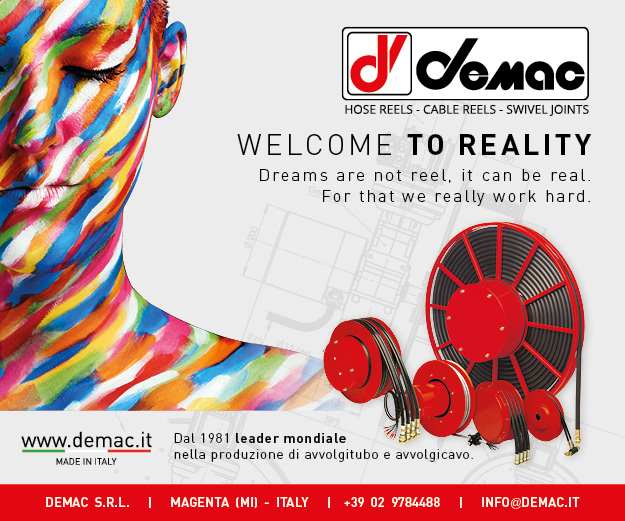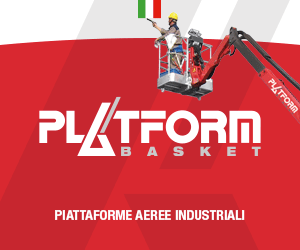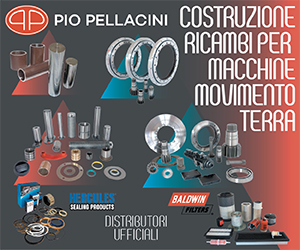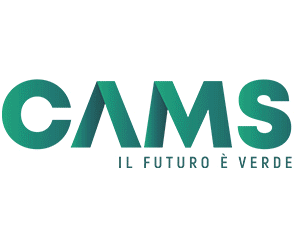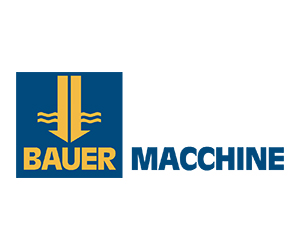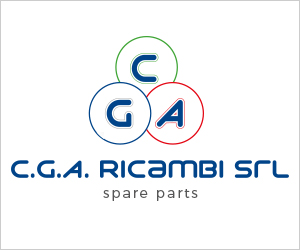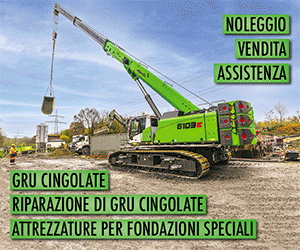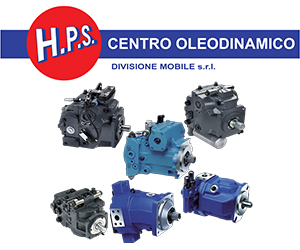Home \ International \ Asphalt mixing plant BA RPP 4000 meets requirement for maximum recycling
Asphalt mixing plant BA RPP 4000 meets requirement for maximum recycling
13/05/2021
Pubblicato da Redazione
"We have already produced asphaltic mixtures from 96 % reclaimed asphalt", Knäble GmbH, Biberach.
Providing asphalt with the required quality and quantity at the right time is a challenging task that requires perfectly coordinated plant technology.
When high recycling ratios have to be met while complying with low emission rates, there is practically no way around the Benninghoven hot-gas generator technology. This allows the owner to turn 100 % reclaimed asphalt into new asphaltic mixtures while complying with the new German TA Luft standard. The standard was revised to reflect the state of the art and adopted by the German federal cabinet on 16-12-2020 after several years of deliberation.
The hot-gas generator technology allows fresh asphaltic mixtures to contain up to 90 + X % reclaimed asphalt – more than with any other recycling system on the market. Benninghoven also offers the hot feed system as a retrofit solution for integration into existing asphalt mixing plants. An example from southern Germany impressively demonstrates why it can still pay off to invest in a completely new asphalt mixing plant.
From the top platform at a height of 43 m, the Kinzig Valley in the Black Forest can be seen in its full glory: the new BA RPP 4000 has an overall height of 55 m and is a majestic structure even when seen from the ground. The new asphalt mixing plant of the medium-sized Knäble GmbH Straßenbau construction company from Biberach (Baden) is impressive in many ways. One of the special features: The BA RPP 4000 replaces a plant of type Benninghoven TBA 3000 that reliably produced the asphaltic mixtures for Knäble’s two asphalt crews for ten years. A relatively short time period for asphalt mixing plants – most Benninghoven plants have a life cycle of 30 to 40 years. So why did the long-established road construction company invest in new equipment rather than choose a retrofit solution? “A retrofit was indeed the starting point of our plan. In the end, it was primarily the market environment and our requirements for the equipment and its performance that stood in favour of a new plant,” explains Nicolaus Knäble, Managing Director in the fourth generation. Another advantage of this approach: the company did not lose a single day of production. The “old” TBA 3000 continued producing the required asphaltic mixture until the Benninghoven engineers had given the green light for the change to the BA RPP 4000 after installation and testing.
The investment is of great strategic significance for the medium-sized road construction company. The leading recycling technology – the Benninghoven hot-gas generator – allows 90 + X % reclaimed asphalt to be turned into new asphaltic mixtures. This option is so important because the German state of Baden-Württemberg, where Knäble is active, promotes maximum recycling. That means that the legally permissible quantities of reclaimed asphalt to be added during the production of new asphaltic mixtures can be used in full. “Re-using materials saves energy and is an important contribution to climate protection,” explains State Minister of Transport Winfried Hermann. The stipulation has already resulted in 2.5 million tons of asphalt being recycled in Baden-Württemberg in 2018. That is equivalent to 23 % of the re-used quantity in Germany and is far above the average.
In addition, the revised TA Luft Regulation (Technical Instructions on Air Quality Control) has now been adopted. The strict limit values defined in this regulation can be met with the recycling drum using counterflow action with hot-gas generator, which Benninghoven guarantees as the only supplier on the market. This means that the BA RPP plants are perfect for the requirements of Knäble. RPP stands for “recycling priority plant” – a plant that prioritizes the flow of recycling material and mostly produces asphalt with higher recycling content.
In addition to the comprehensive integration of the sustainable recycling technology, there was a demand for a higher mixing capacity of 320 t/h instead of previously 240 t/h and user-friendly technology, which eventually resulted in the decision for a new BA RPP 4000. This also includes two EVO JET 3 burners – one each for the virgin mineral dryer drum and for the recycling drum – that can burn oil, coal dust as well as natural gas with high efficiency. This allows Knäble to flexibly react to market fluctuations in energy prices in the future by always using the most cost-efficient fuel.
Altogether, this makes the new asphalt mixing plant a real investment in the future for Knäble. The long-established family-run company from the heart of the Black Forest has around 150 employees. Two in-house asphalt crews install the majority of the produced asphaltic mixture on road construction sites in the region using Vögele material transfer vehicles and finishers as well as Hamm rollers. The fleet also includes a Kleeman screening unit and Wirtgen milling machines.
High recycling ratios with low emissions can only be achieved with a recycling drum using counterflow action with a hot-gas generator. The reason: By heating the reclaimed asphalt, the virgin material does not have to be added to the mixing process overheated in order to reach the required temperature level (around 140 °C to 180 °C for hot asphalt). This saves a significant amount of energy in addition to emissions.
This process is made possible by using the Benninghoven hot-gas generator: While the recycling material with adhering bitumen would be “burned” by direct firing, the hot-gas generator only heats it indirectly to gently bring it to the optimum processing temperature. At the same time, the process lowers the emissions below the level required by the TA Luft regulation, for example by burning most of the hydrocarbons contained in the exhaust gas flow. On the Knäble plant, a continuous emissions measurement on the stack proves compliance with the limit values at all times. “Compared to the old plant, our average recycling content has increased from 25% to 60%,” Myriam Knäble, wife of the managing director, reports proudly. “And the hot-gas generator allows us to save 770 t of CO 2 per year.”
That is an enormous advantage, in particular with respect to the introduction of CO2 certificates in Germany. As of this year, companies that supply fuels to the market have to purchase emissions rights, better known as CO2 certificates. 25 euros have to be paid for every ton of CO2 released by burning heating oil, natural gas, petrol and diesel. During the introductory phase until 2025, the prices for emissions certificates will be set by the government. The price for one ton of CO2 will be 25 euros in 2021 and gradually increase to 55 euros per ton by 2025. In 2026, the certificates will be auctioned in a price range between 55 and 65 euros for the first time. After this, the CO2 certificates will most likely be traded freely on the market. The pricing of CO2 is part of the 2030 climate protection program of the German Federal Government. The energy suppliers will pass on the incurred costs to their customers. Companies with processes that are energy efficient and therefore low emission and environmentally friendly will therefore have an even greater advantage in the future.
The Benninghoven hot-gas generator is a sophisticated solution that is on the rise in many regions of Europe. At Knäble, the technology has proven to keep the promises made by Benninghoven – a recycling rate of 90 + X %. “We have already reached 96 % when producing asphaltic mixtures for the base layer. The quality achieved during the refurbishment of the through road section of the B 33 road in Hasslach is perfect,” reports Nicolas Knäble, Managing Director of Knäble GmbH. “The times when processing reclaimed asphalt was a challenge are a thing of the past. We now rather have to focus on having enough material in stock for our orders that require a recycling content. We therefore specifically participate in tenders where we can reclaim old asphalt, so we do not run out of the ‘black gold’.”
Many asphalt mixing plants can produce asphalt with a recycling content today. But the current requirements in road construction are becoming increasingly more stringent. Some clients require special characteristics for the asphalt, be it for colour, elasticity or stability. These characteristics can be achieved with additives. For dosing these, Knäble has integrated three separate, fully automated systems. All three are automated and therefore extremely easy to use. Knäble has a dual dosing unit for powder and granulate, a separate bulk materials feed system (e.g. for Trinidad asphalt or rubber granulate dosing) and a multi-variable feed system that can add up to 40 % cold reclaimed asphalt to the process – or alternatively non-adhering bulk materials. This provides Knäble with a great range of flexibility.
“These options take efficiency and productivity to a new level”, says Nicolaus Knäble. “On our old system, two workers had to add several 15-kg bags into the mixer for each batch.” The mixer in the old TBA 3000 plant was capable of producing 3 t of asphaltic mixture every 45 seconds. “For recipes with Trinidad asphalt or rubber granulate, which was still added from bags back then, we came nowhere near the maximum possible mixing capacity of 240 t/h, because these special recipes require a batch time of at least 60 seconds due to the longer soaking periods. With the high level of automation and the 4-t mixer, we can now reach up to 320 t/h, and we can achieve high mixing capacities even for special recipes with longer batch times.”
Beyond the already user-friendly design of the plant, Knäble GmbH also ensured first-rate working conditions for the mixing foreman and the entire team in other ways. A lift transports workers and materials to the top, allowing all inspection tours and maintenance work to be carried out in a comfortable manner. On the ground, the Knäble workers enjoy a special highlight: The control station for the asphalt mixing plant with the Benninghoven BLS 3000 control system at its core is housed in a separated building that is kept at a comfortable temperature all year round. From there, the employees can use a camera system to keep an eye on all relevant aspects of the plant without having to leave their workstations. “When I see everything that has been set up here, I almost regret that I will be retiring soon,” says mixing foreman Reinold Helmut.

Ultime notizie di Wirtgen Macchine
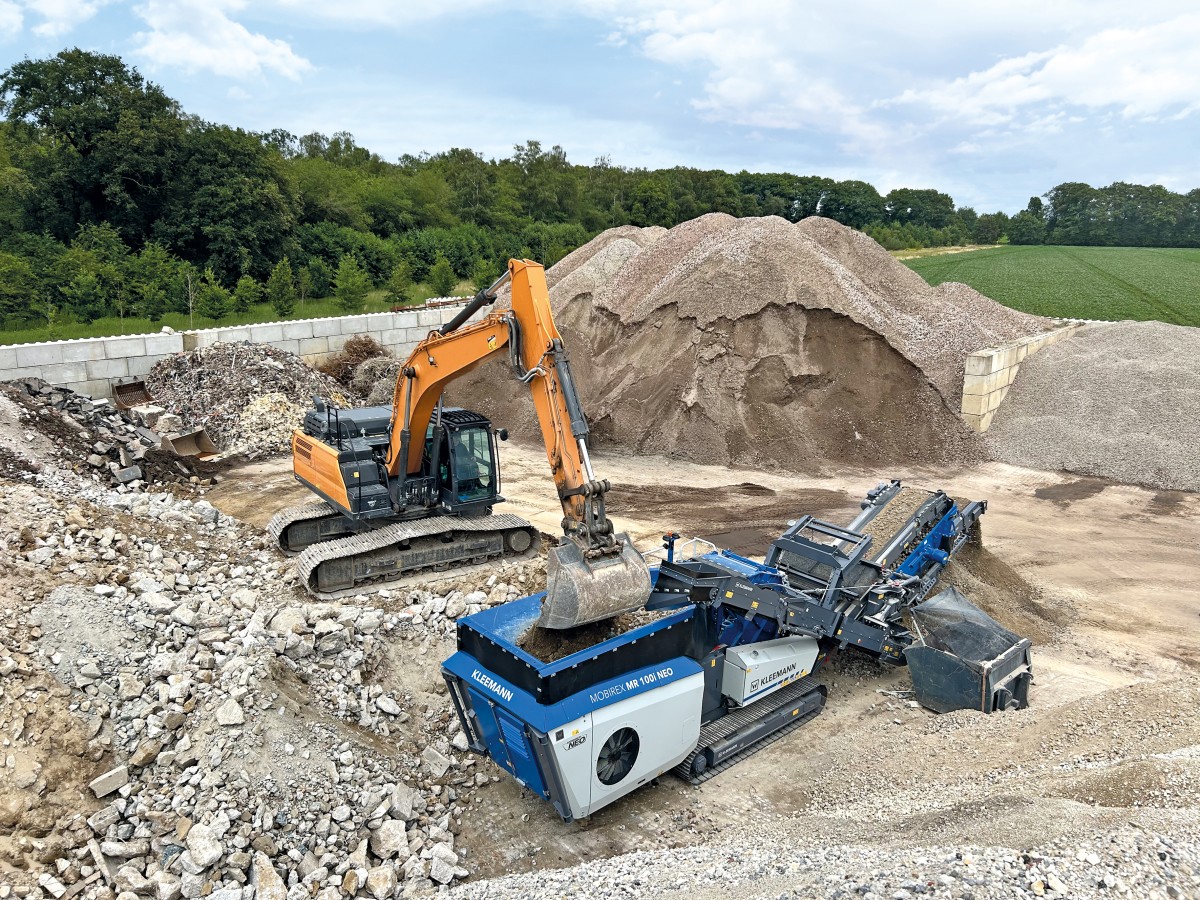
Earthmoving Machinery
21/11/2024
Kleemann: New compact crusher used for recycling
Impact crusher MOBIREX MR 100i NEO impresses during operatio...
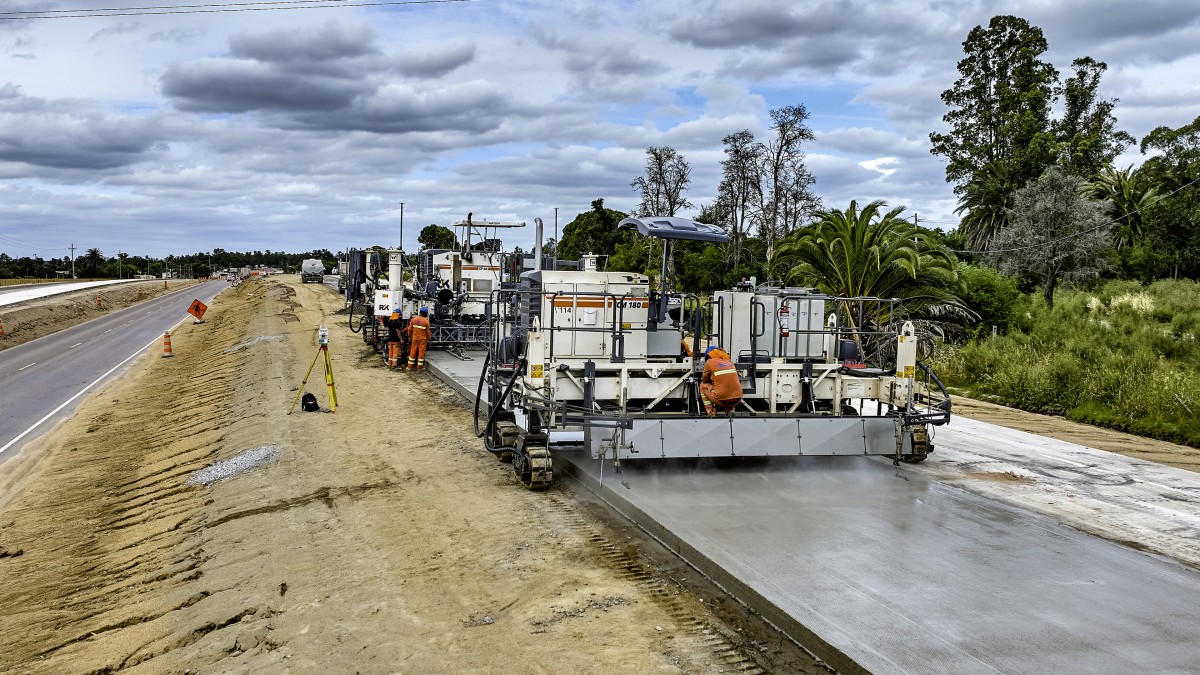
Road Machinery
04/11/2024
Wirtgen: Widening of the Ruta 5 highway from Montevideo to the Brazilian Border
Efficient concrete paving solutions from Wirtgen ensure the...
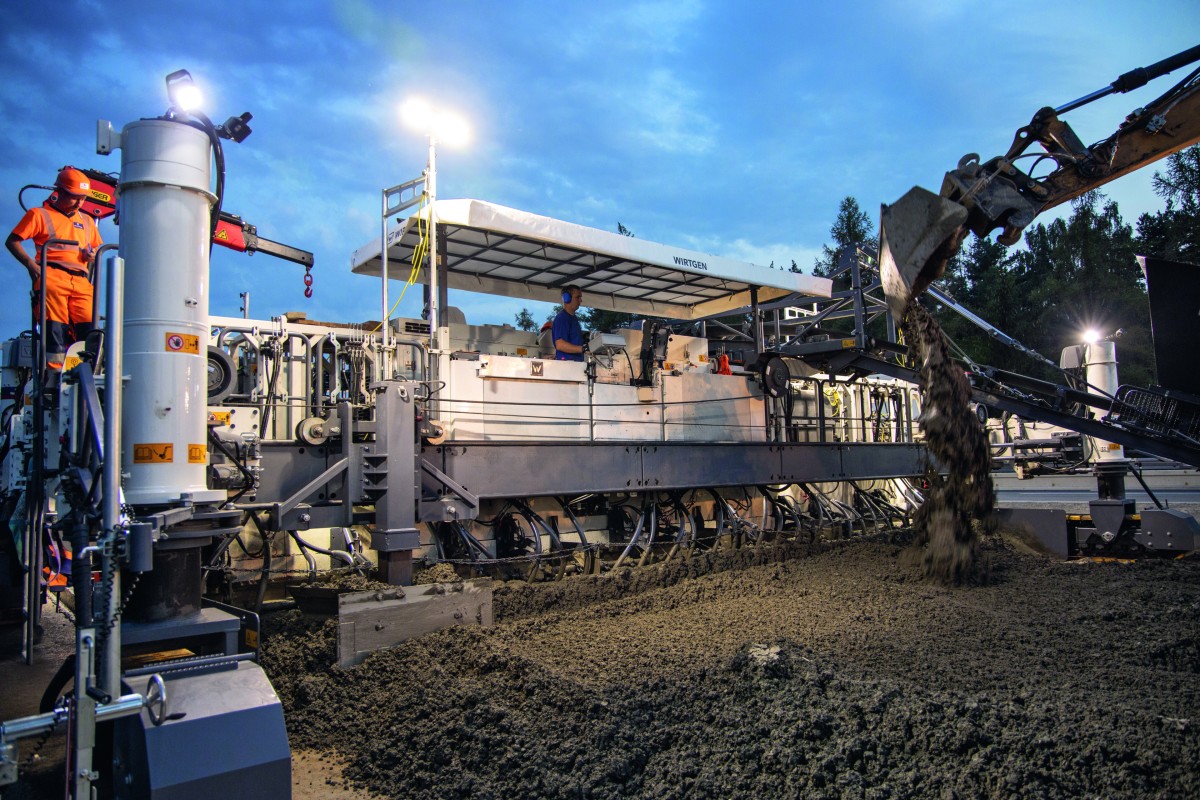
Road Machinery
31/10/2024
Wirtgen: Concrete paving with inset slipform pavers
Wirtgen has been offering machines for inset slipform paving...
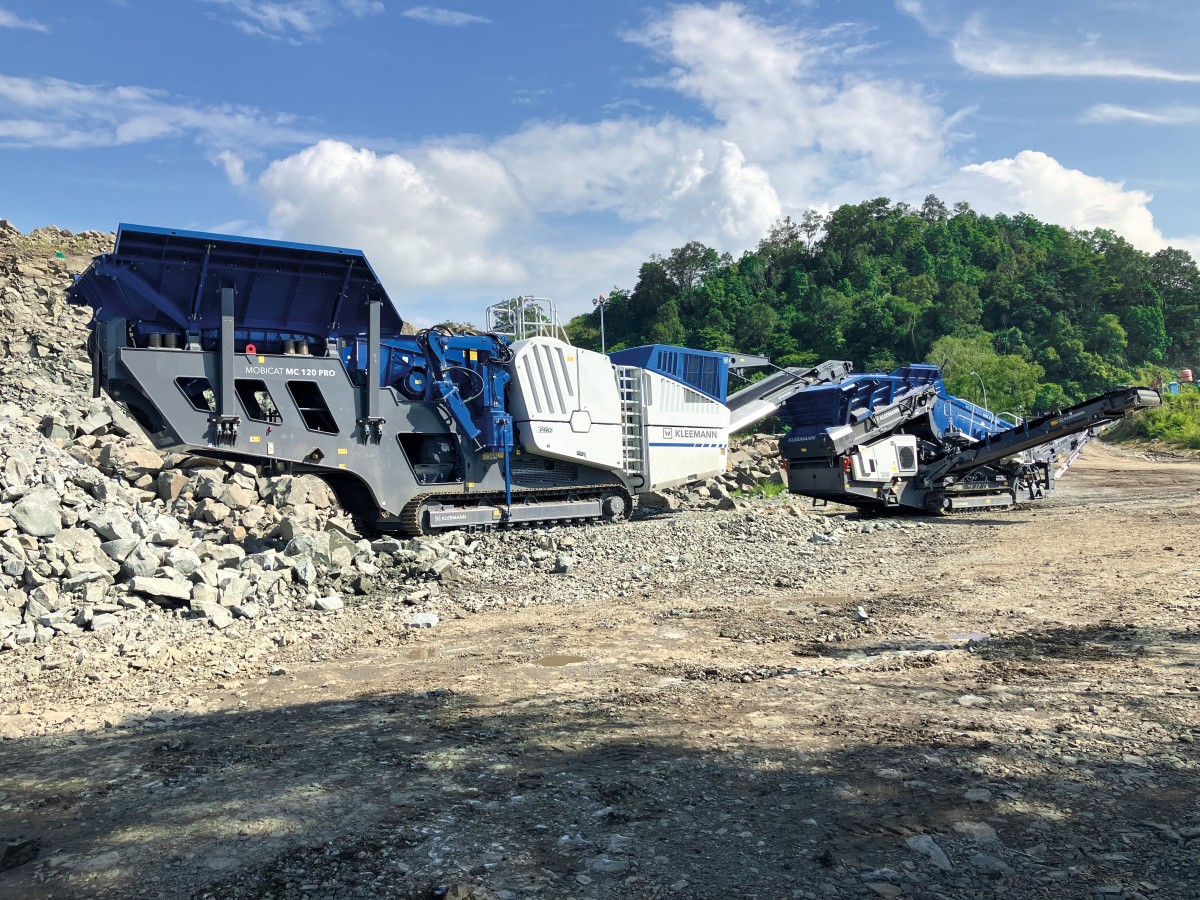
Earthmoving Machinery
28/10/2024
Kleemann: Andesite processing in Indonesia
A MOBICAT MC 120 PRO and a MOBISCREEN MSS 802 EVO are deploy...
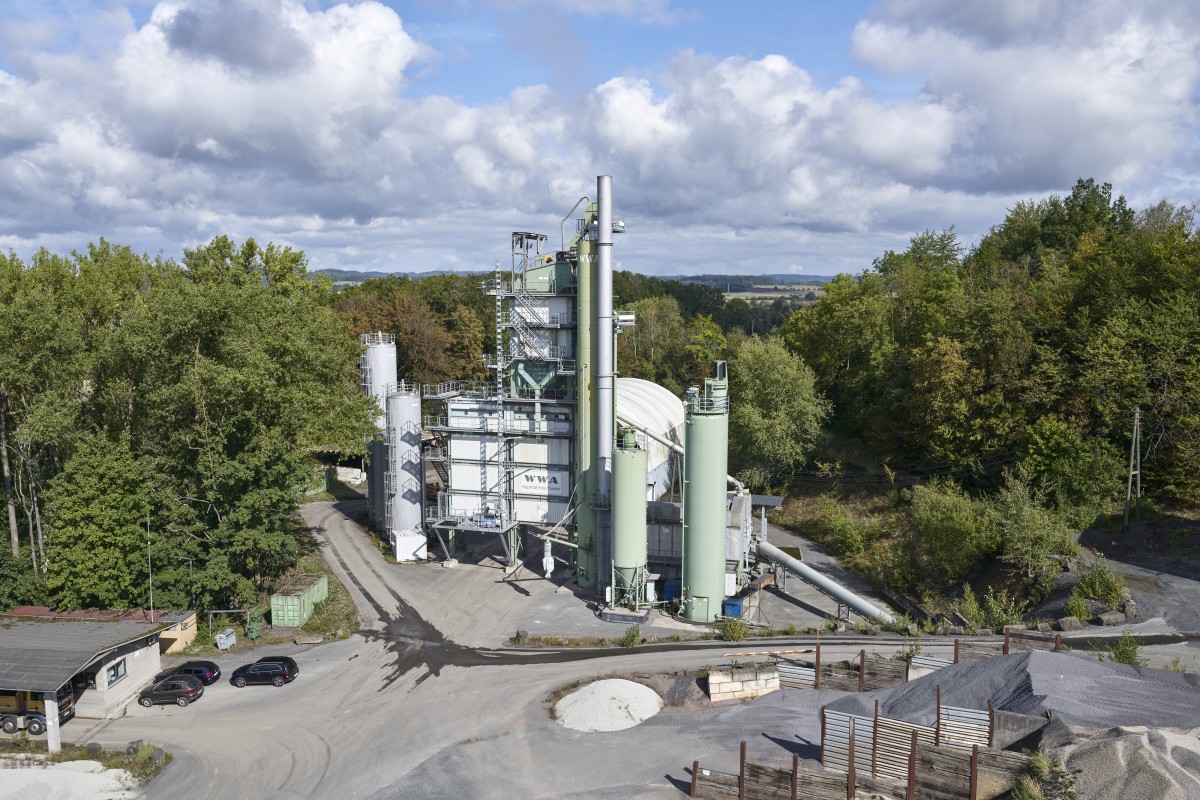
Earthmoving Machinery
24/10/2024
Benninghoven's REVOC system proven in practice
The REVOC Retrofit solution has been installed at an existin...
Road Machinery
01/10/2024
The Wirtgen Group at Paving Expo 2024
The Wirtgen Group presents groundbreaking technologies at Pa...
Altri International
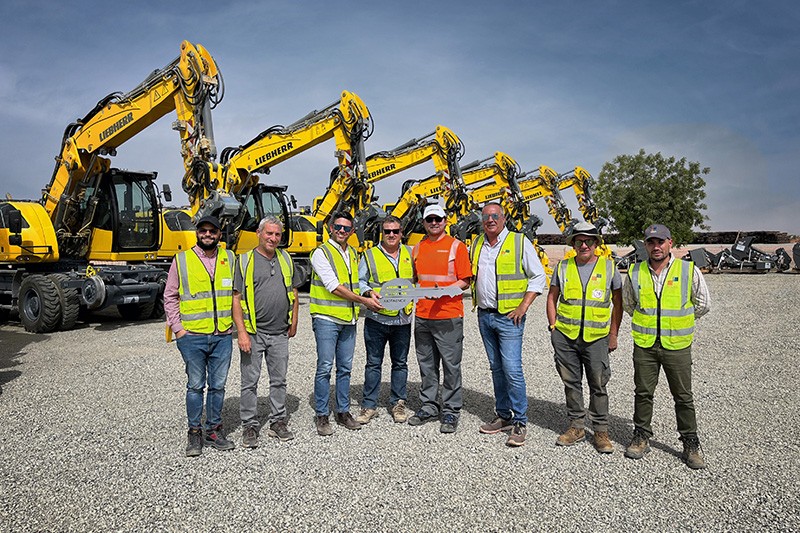
International
26/11/2024
Mota-Engil orders 10 Liebherr railroad excavators for a major project in West Africa
The Portuguese construction company Mota-Engil has once agai...
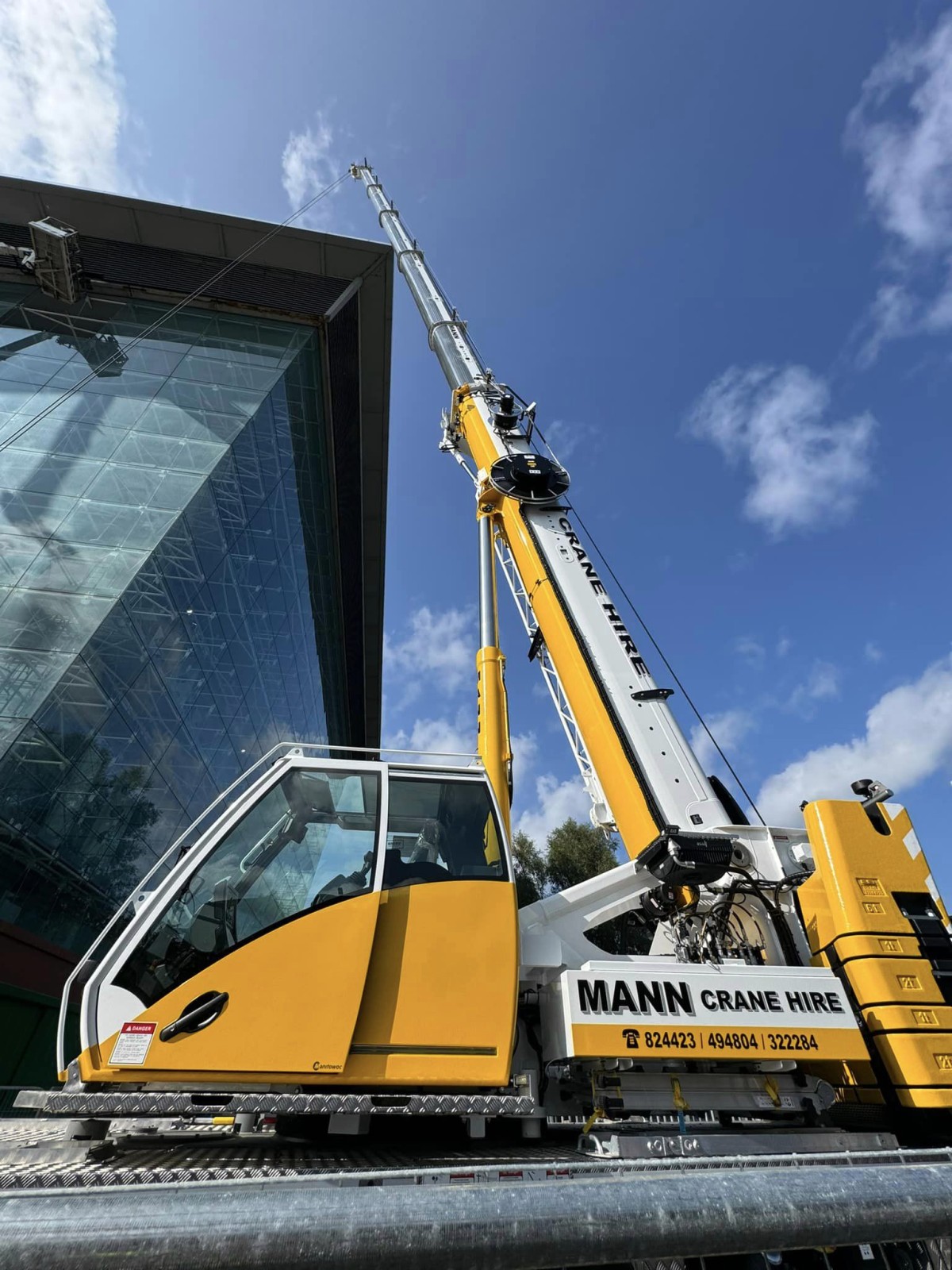
International
25/11/2024
New Grove GMK3060L-1 drives busy schedule for Mann Crane Hire
• Mann Crane Hire selected the GMK3060L-1 for its class-lead...
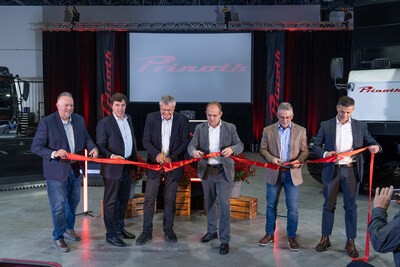
International
25/11/2024
Prinoth Unveils Expanded Production Facility in Granby, Canada
Prinoth held an event to announce the official opening of it...
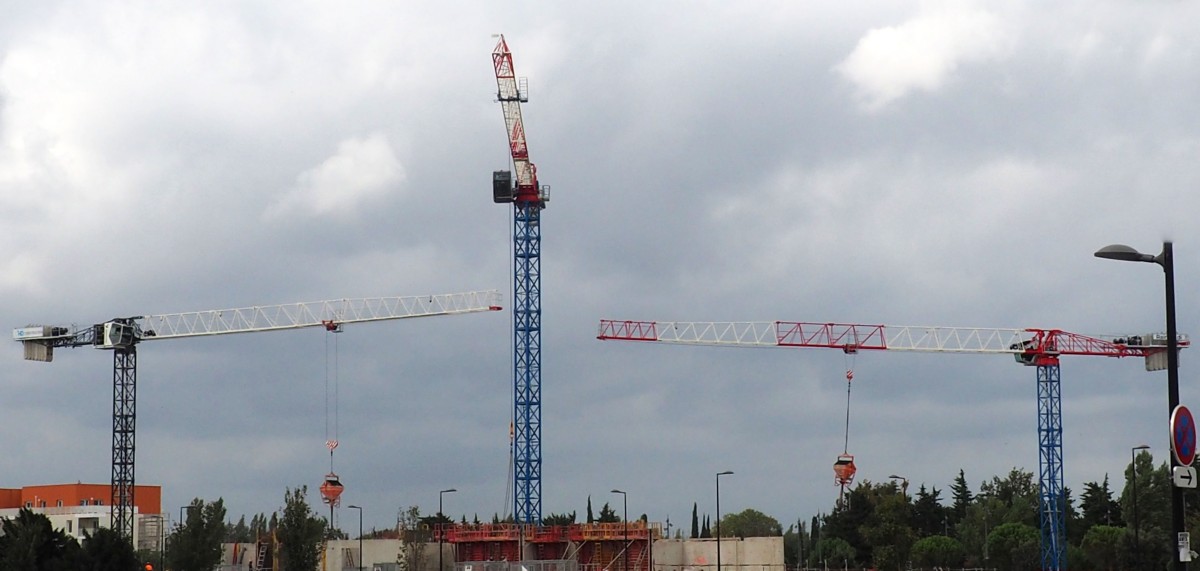
International
23/11/2024
GPMat International takes delivery of two Raimondi T147s residential development in the South of France
- Official agent of France expands its product lineup with t...
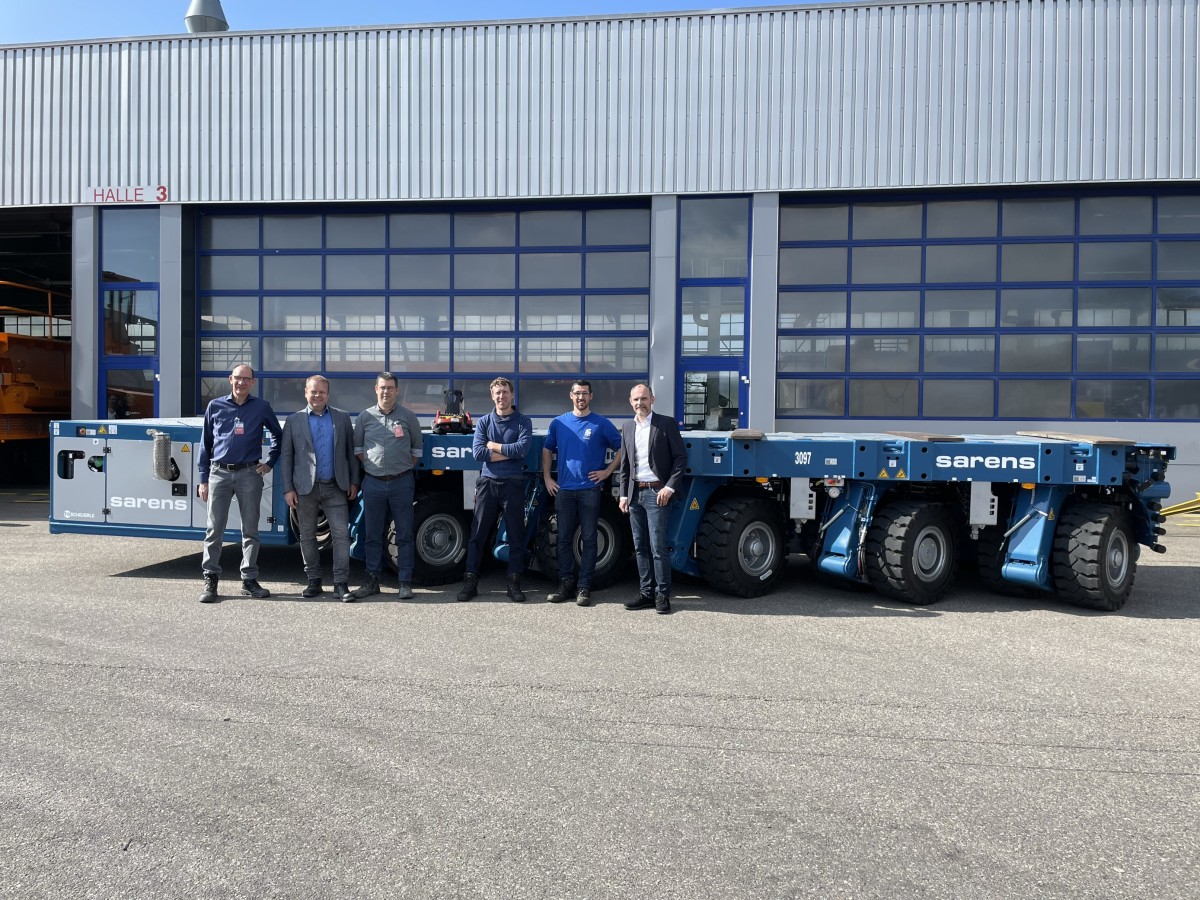
International
22/11/2024
Sarens acquires additional SCHEUERLE SPMT K24 modules
renowned for its expertise in crane rental services, heavy l...
International
22/11/2024
Five WOLFF cranes modernize Oslo’s Ulven district
With a total of five WOLFF cranes of type 7534.16 Clear, Wol...











